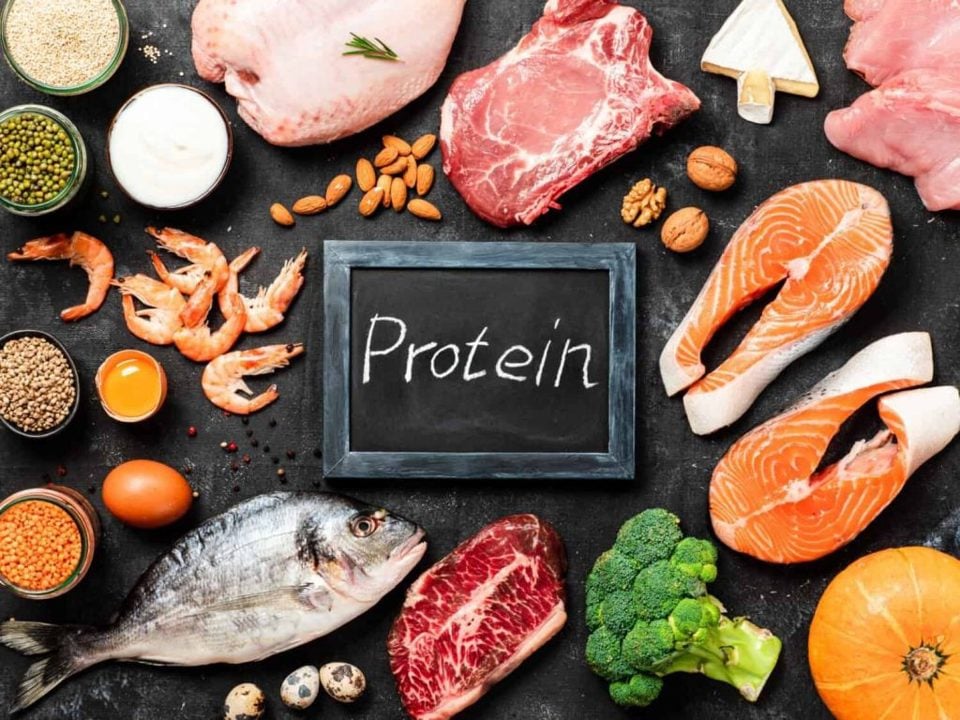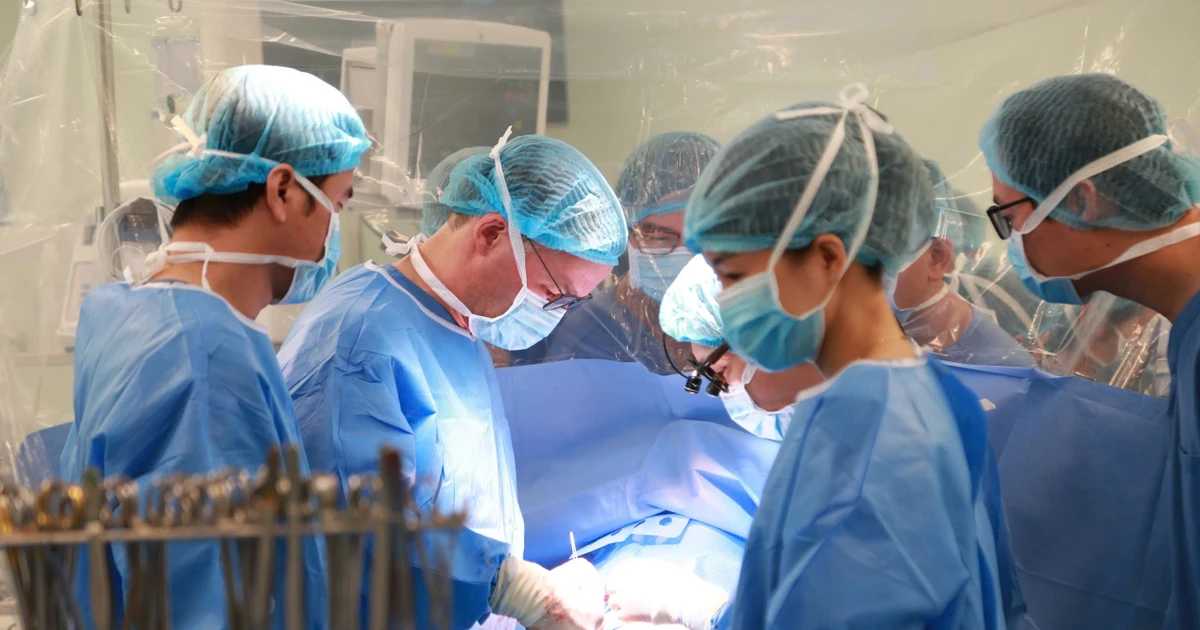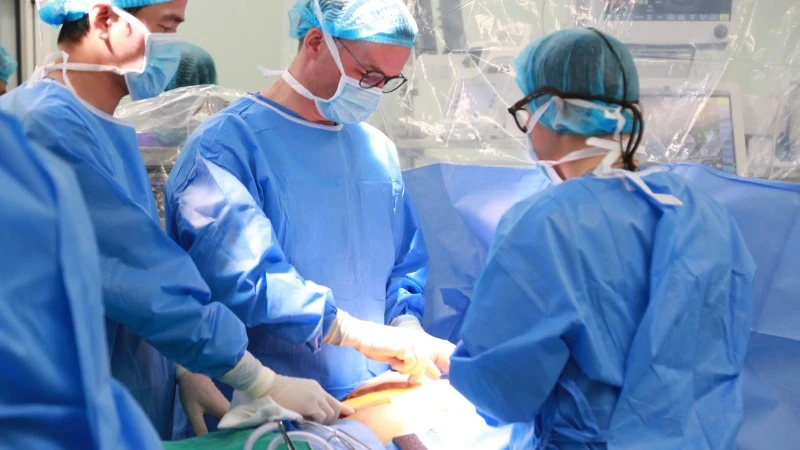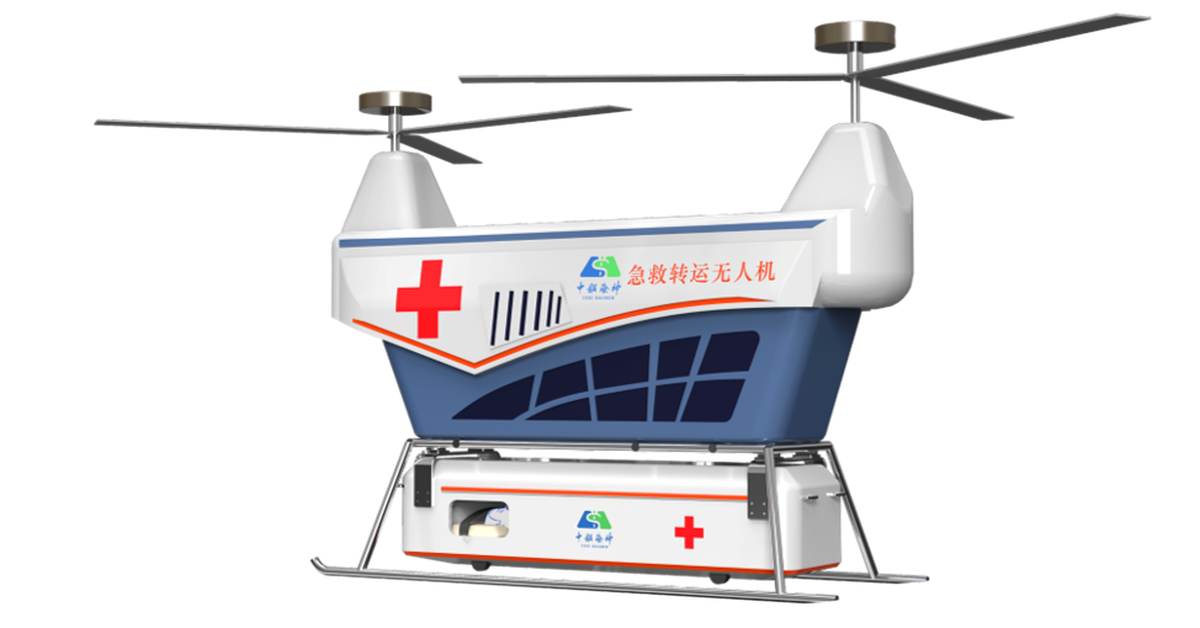They are essential for growth and development, repair and building of cells and tissues such as muscle, and play important roles in bodily processes such as blood clotting, fluid balance and immune response.

Benefits of a high protein diet? To maintain or increase muscle mass: If you are over 50, you should increase your protein intake to 1g per kilogram of body weight just to maintain muscle mass, which decreases with age.
A high protein diet can help support muscle repair and growth. When we exercise, muscle cells are broken down. Protein from food helps repair the damage, ultimately strengthening the muscles.
Other benefits: One study found that eating plant-based protein was associated with a lower risk of cognitive decline later in life. For every 5% of calories that came from plant protein instead of carbohydrates, researchers observed a 26% lower risk of dementia in study participants.
What foods are rich in protein? We can get protein from plant or animal sources.
Proteins from animal sources, such as meat, eggs and milk, as well as soy, are known as complete proteins. This means they contain all the essential amino acids the body needs and are the highest quality sources of protein.
We can also get essential amino acids from plant-based foods. However, most plant-based proteins do not contain all the essential amino acids we need and are therefore called incomplete proteins.
If you avoid animal protein, the best way to ensure you're consuming a healthy mix of amino acids is to enjoy a variety of plant-based proteins throughout the day.
Foods that are particularly high in protein? Lean meats such as chicken, beef and pork are excellent sources of high-quality protein as well as important nutrients such as iron and zinc.
To avoid unhealthy saturated fats, choose lean or low-fat meats such as lean beef, pork tenderloin or skinless chicken breast. Fish such as salmon, tuna and mackerel are not only rich in protein but also contain omega-3 fatty acids, which are beneficial for heart health.
Look for seafood that is lower in methylmercury, such as salmon, anchovies, and trout.
Dairy products like milk, cheese and yogurt are rich in protein, calcium and other essential nutrients.
Beans, peas and lentils including kidney beans, white beans, black beans, soybeans... are excellent sources of protein as well as fiber, folate, potassium, iron and zinc.
Nuts and seeds including almonds, hazelnuts, walnuts, peanuts, chia seeds, pumpkin seeds, sunflower seeds and peanut butter are not only rich in protein but also provide healthy fats, vitamins and minerals. Nuts are high in fat and calories, so watch your portion sizes.
Eggs contain all the essential amino acids, making them a complete source of protein. Eggs are also a source of vitamins, minerals, healthy fats, and antioxidants.
Source: https://kinhtedothi.vn/cac-nguon-protein-tot-cho-che-do-an-uong-lanh-manh.html































![[Photo] "Beauties" participate in the parade rehearsal at Bien Hoa airport](https://vstatic.vietnam.vn/vietnam/resource/IMAGE/2025/4/11/155502af3384431e918de0e2e585d13a)



































































Comment (0)